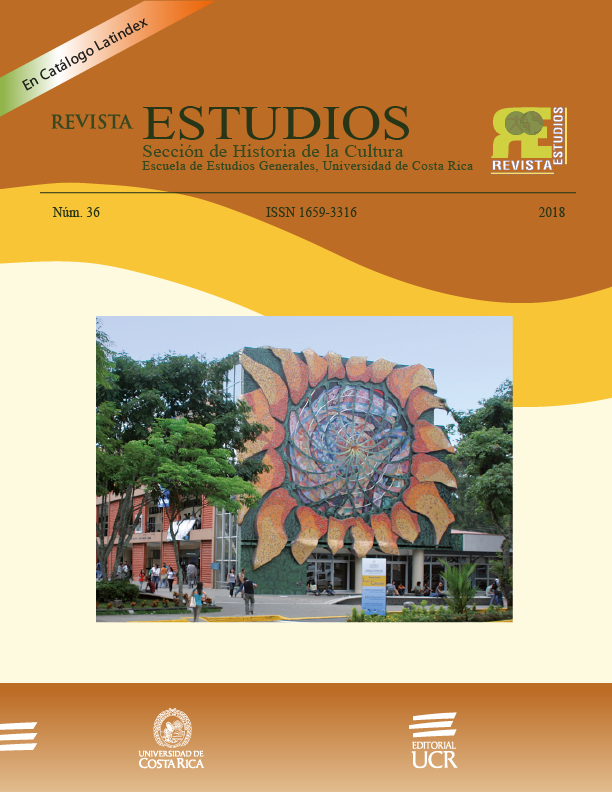Abstract
The rapid advances in the field of artificial intelligence (AI), which increasingly count on greater economic investments, require an ethical consideration to highlight its various implications. This work aims to invite the approach of the need for an ethics applied to the field of AI. For the construction of an ethics applied to this contemporary field, it is fundamental to drink from the diverse sources that the history of ethics offers us. Different ethical traditions, such as the deliberative, the Aristotelian or the responsibility, can provide us with interesting theoretical-practical frameworks from which to guide action and research in AI. However, there must be a willingness on the part of the knowledge involved in this field, in order to initiate an ethical project as participatory and broad as possible, adding perspectives and achieving meetings.
References
Aristóteles. (1985). Ética Nicomáquea. Madrid: Editorial Gredos.
Cortina Orts, Adela. (1996). El estatuto de la ética aplicada. Hermenéutica crítica de las actividades humanas. Isegoría: Revista de filosofía moral y política, 13, 119-134.
Cortina Orts, Adela. (1998). Ciudadanos del mundo. Madrid: Alianza Editorial.
Domingo Moratalla, Tomás. (2017). De la narración fílmica a la deliberación ética. La fenomenología hermenéutica como mediación (J. Marías y P. Ricoeur). SCIO. Revista de Filosofía, 13, 27-55.
Gracia, Diego. (2016). Problemas con la deliberación. Folia Humanística. Revista de Saluds, Ciencias Sociales y Humanidades, 3.
Jonas, H. (1995). El principio de responsabilidad. Ensayo de una ética para la civilización tecnológica.Barcelona: Herder.
Jonas, H. (1997). Técnica, medicina y ética. La práctica del principio de responsabilidad. Barcelona: Editorial Paidós.
Mitcham, C. y Mackey, R. (Eds.). (2004). Filosofía y Tecnología. Madrid. Ediciones Encuentro.
Winner, Langdon. (2008). La ballena y el reactor. Barcelona: Gedisa.


